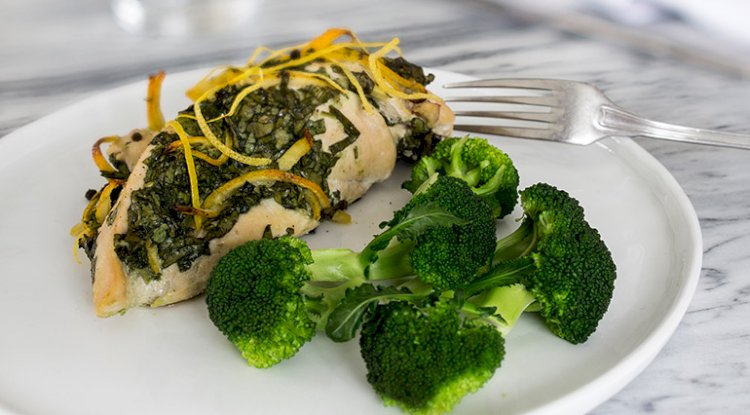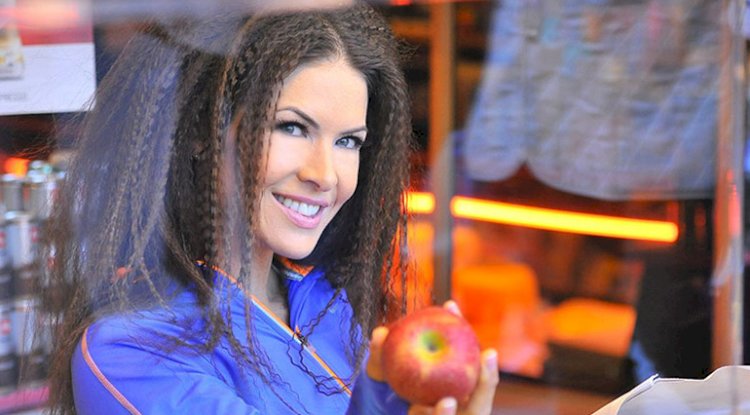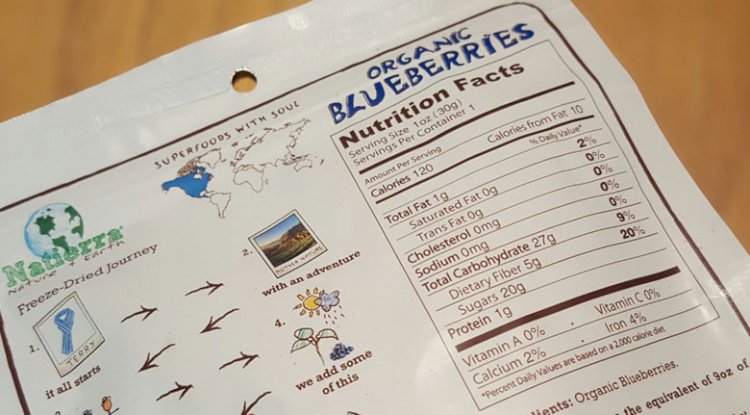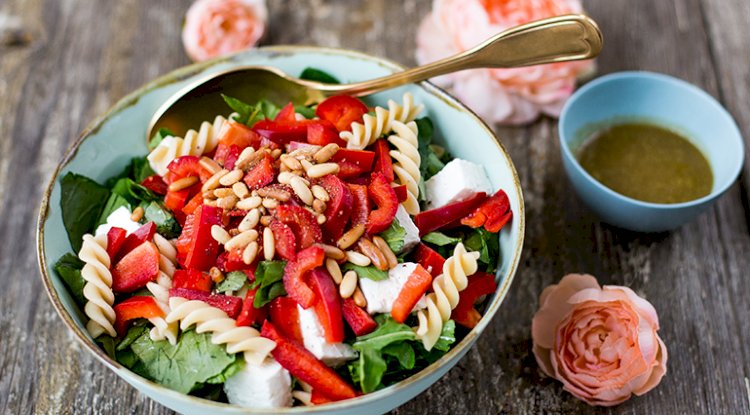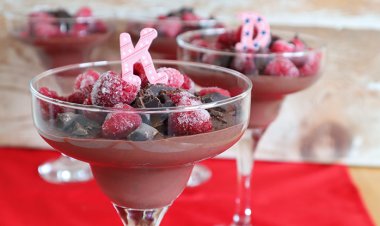Why buy organic?
In Switzerland and the USA, everyone buys organic. It wasn't like this always. So what are the reasons, why should we pay more for our products?

We all know that organic is better, right. But why is that? Why should I choose the organic carrot over the conventionally grown one? Both are orange, provide vitamins, fibre and beta-carotene after all.
The word “organic” refers to the way farmers grow and process agricultural and dairy products. Organic crops must be produced without conventional pesticides, synthetic fertilisers, sewage sludge, bioengineering or ionising radiation. Also organically raised animals must be given organic food and kept free of growth hormones and antibiotics. Organic farm animals must have access to the outdoors for grazing.
Turkey’s official organic seal for Turkish products grown using organic agricultural standards is Organik Tarim and it is issued by the Turkish Ministry of Agriculture and Rural Affairs. As the municipality claims on its webpage www.tarim.gov.tr your first choice should be organic in order to protect following generations, prevent the negative effects of chemicals on people, environment and animals. Ensure the sustainability of the soil while protecting nature and its sources, use renewable energy and support the production of healthy and nutritive food.
Word is out that organic food is more nutritious than conventional food. A few studies have reported that organic products have higher levels of vitamin C, certain minerals and antioxidants. But the differences are so small that they probably have no impact on overall nutrition. Your risk of getting pesticide residues is definitely much lower with organic food. If you are interested in reducing pesticides but cannot afford to buy all organic, here is the list of foods whose conventional forms may carry high levels of pesticide residues: spinach, green peas, green beans, apples, peaches, pears, strawberries, blackberries, raspberries.
Wheather you go totally organic or opt to mix conventional and organic foods, be sure to keep these tips in mind:
- Select a variety of foods from a variety of sources. This will give you a better mix of nutrients and reduce your likelihood of exposure to a single pesticide.
- Buy fruits and vegetables in season when possible. To get the freshest produce, ask your grocer what day new produce arrives. Or buy food from your local farmers market.
- Read food labels carefully. Just because a product says it’s organic or contains organic ingredients doesn’t necessarily mean it’s a healthier alternative. Some organic products may still be high in sugar, salt, fat or calories.
- Wash and scrub fresh fruits and vegetables thoroughly under running water even if they are organic. Washing helps remove dirt, bacteria and traces of chemicals from the surface of fruits and vegetables. Not all pesticide residues can be removed by washing, though. You can also peel fruits and vegetables, but peeling can mean losing some fibre and nutrients.
- Last but not least: look out for the organic certificate label. “Natural” or “hormone-free” doesn’t
mean the product meets the organic standards that you were looking out for.
If you are interested in organic products, visit my friend Ergem’s blog www.yesilist.com You
will find hundreds of addresses and tips for a healthier, greener life.


